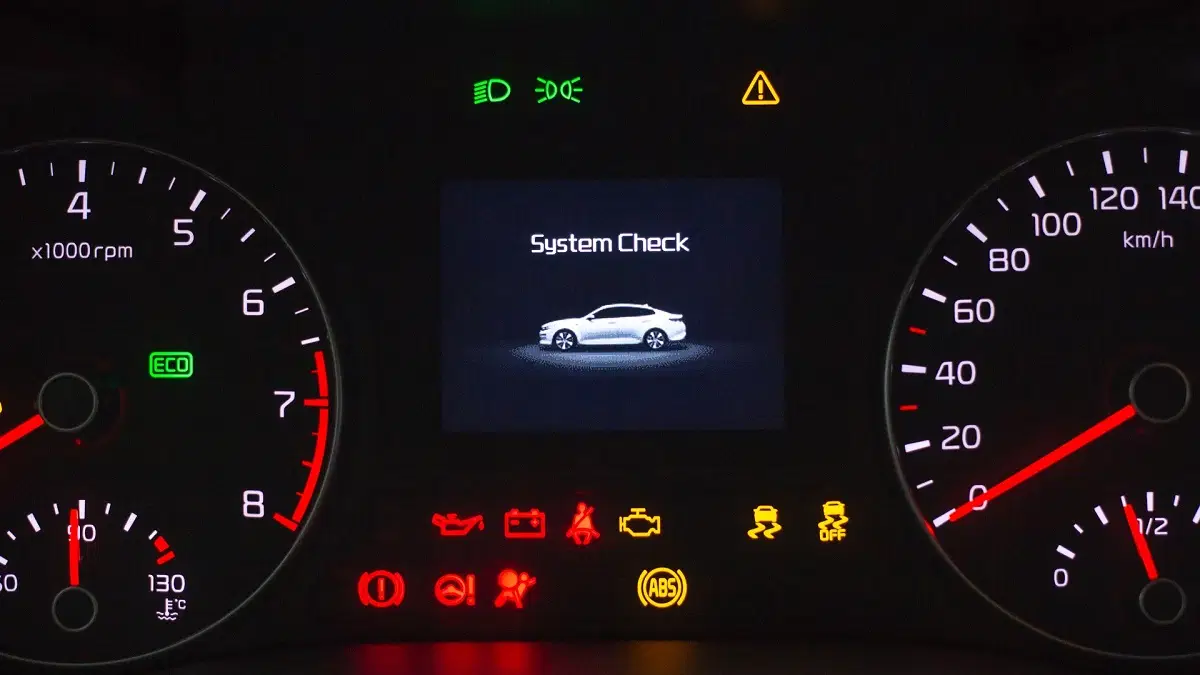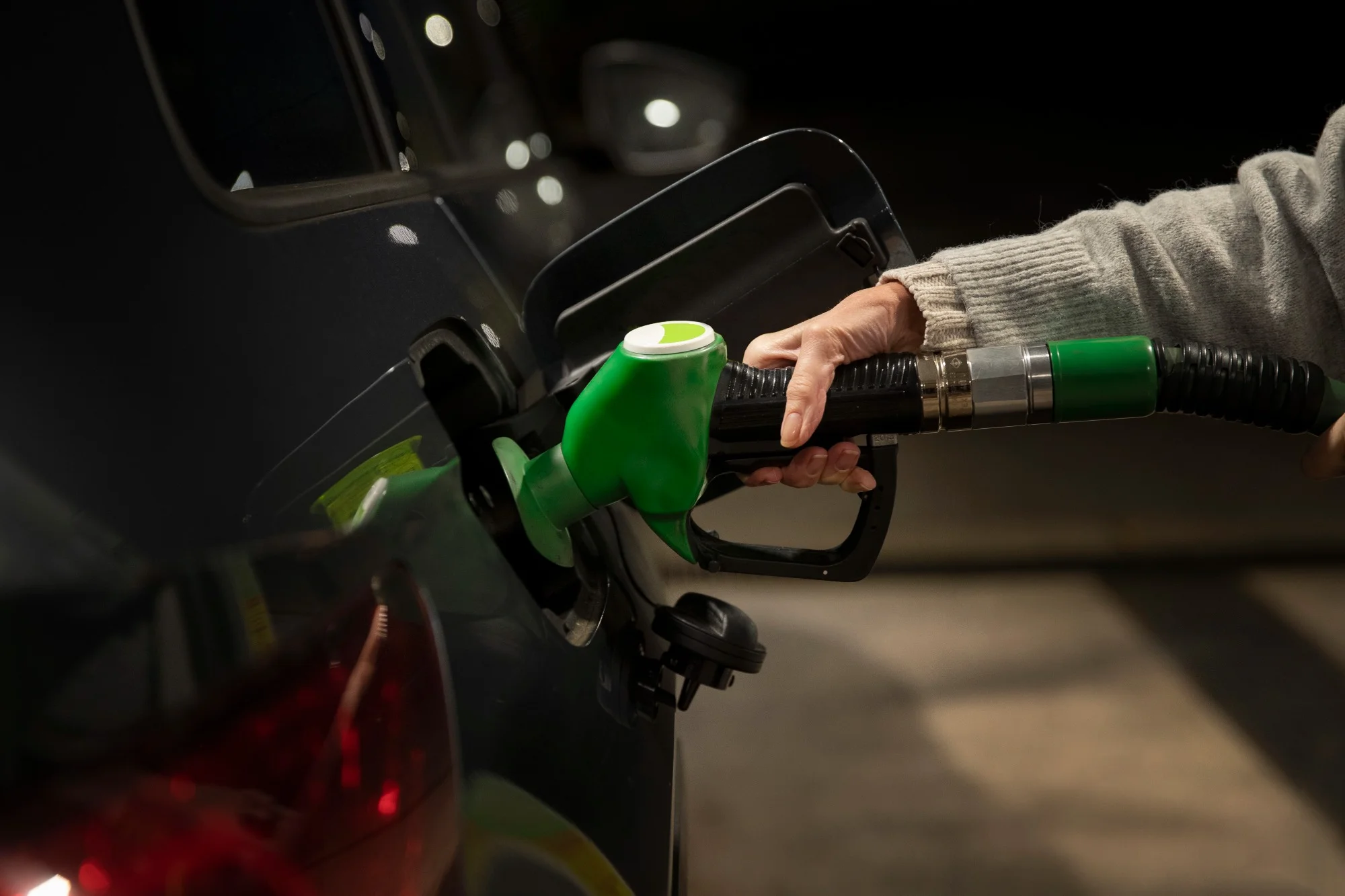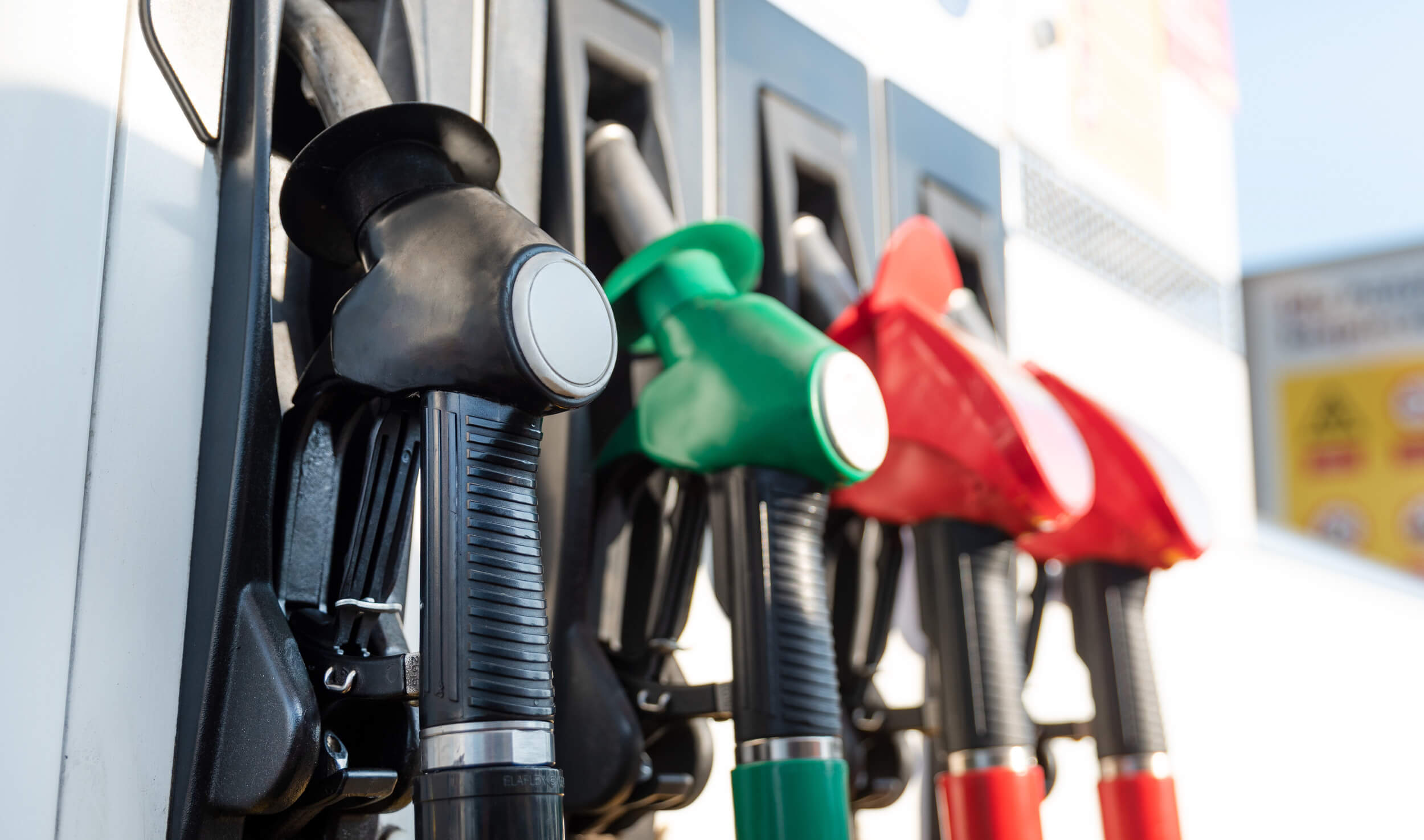
Table of Content
▼Deciding on the appropriate type of fuel for a vehicle entails taking into account different factors such as cost, impact on the environment, effectiveness, and accessibility.
Here’s an in-depth look at the pros and cons of four primary fuel types: petrol, diesel, CNG, and electric.

-
Petrol
Pros:
- Higher Performance: Petrol engines typically provide greater power and more seamless acceleration in comparison to diesel engines.This makes them well-suited for vehicles that prioritize performance.
- Lower Emissions: Petrol engines emit lower levels of nitrogen oxides (NOx) and particulates compared to diesel engines, contributing to reduced air pollution.
- Widespread Availability: Petrol is widely available and there are numerous refueling stations, making it convenient for users.
Cons:
- Lower Fuel Efficiency: Petrol engines are typically less fuel-efficient than diesel engines. This means that petrol vehicles might have higher fuel costs over time.
- Higher CO2 Emissions: While petrol engines produce fewer particulates, they emit more carbon dioxide (CO2) compared to diesel engines, which can be a concern for climate change.
- Volatility: Petrol is more volatile than diesel and CNG, which can pose safety risks in the event of an accident.
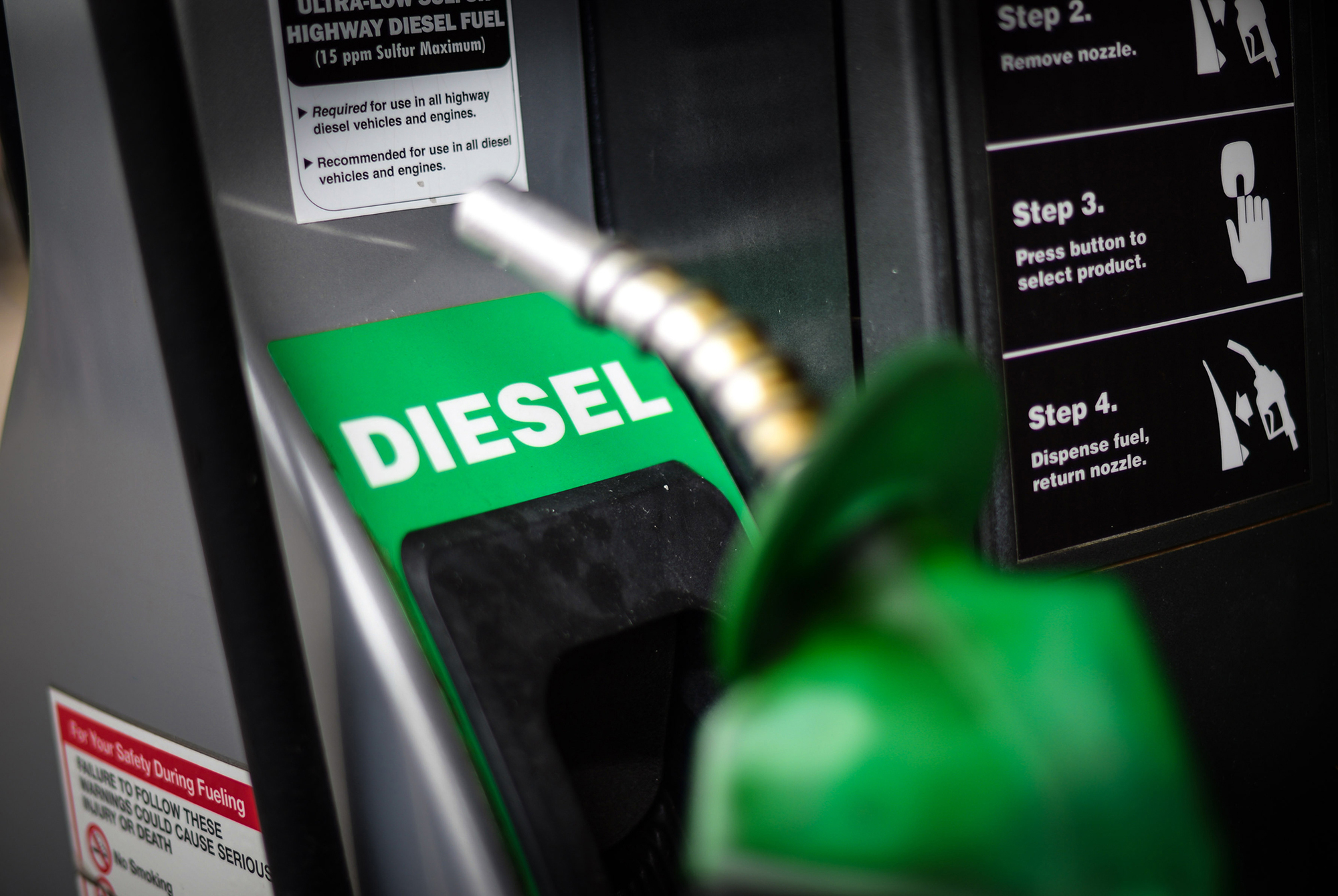
-
Diesel
Pros:
- Better Fuel Efficiency: Diesel engines generally provide better fuel economy compared to petrol engines. This is a result of diesel fuel's higher energy content and the efficiency of diesel combustion.
- Durability: Diesel engines are often built to withstand more wear and tear, making them more durable and long-lasting.
- Higher Torque: Diesel engines produce more torque, which is advantageous for heavy-duty applications and vehicles that need to carry or tow large loads.
Cons:
- Higher Emissions: Diesel engines produce higher levels of nitrogen oxides (NOx) and particulates, contributing to air pollution and potential health issues.
- Cost: Diesel fuel can be more expensive than petrol in some regions, and diesel vehicles may have higher maintenance costs due to the complexity of their engines.
- Noise and Vibration: Diesel engines tend to be noisier and produce more vibration compared to petrol engines, which can affect ride comfort.
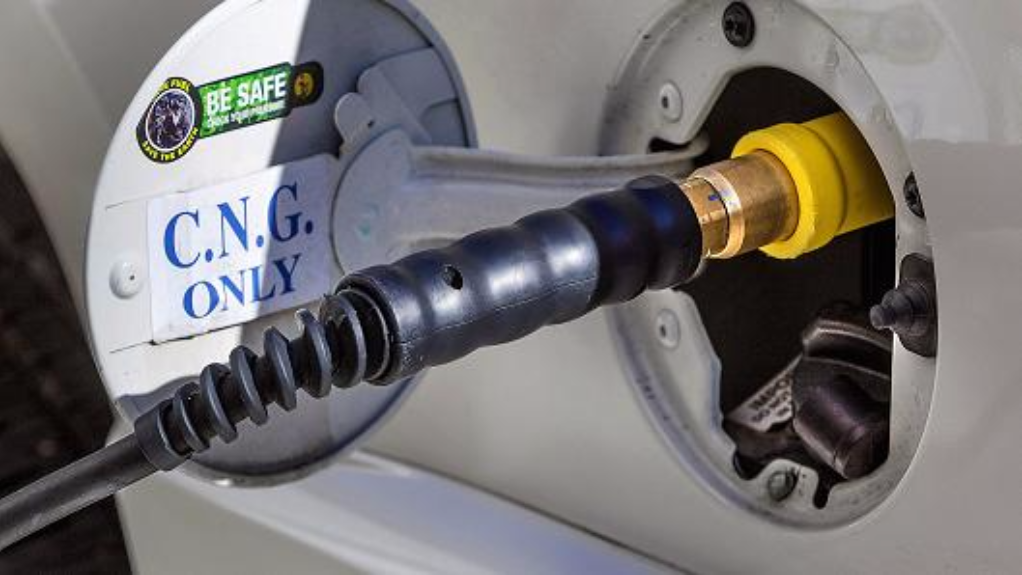
-
CNG (Compressed Natural Gas)
Pros:
- Lower Emissions: CNG is a cleaner fuel compared to petrol and diesel, producing fewer CO2 emissions, and virtually eliminating particulates and NOx emissions.
- Cost-Effective: CNG is often cheaper than petrol and diesel, leading to lower running costs for vehicles.
- Reduced Noise: CNG engines operate more quietly than diesel engines, contributing to a quieter driving experience.
Cons:
- Limited Range: CNG vehicles typically have a shorter driving range compared to petrol and diesel vehicles due to the lower energy density of CNG and the space required for storage tanks.
- Infrastructure: The availability of CNG refueling stations can be limited in some areas, which may affect the convenience of using a CNG vehicle.
- Space: The vehicle may have less room for passengers and cargo due to the significant size of CNG storage tanks.
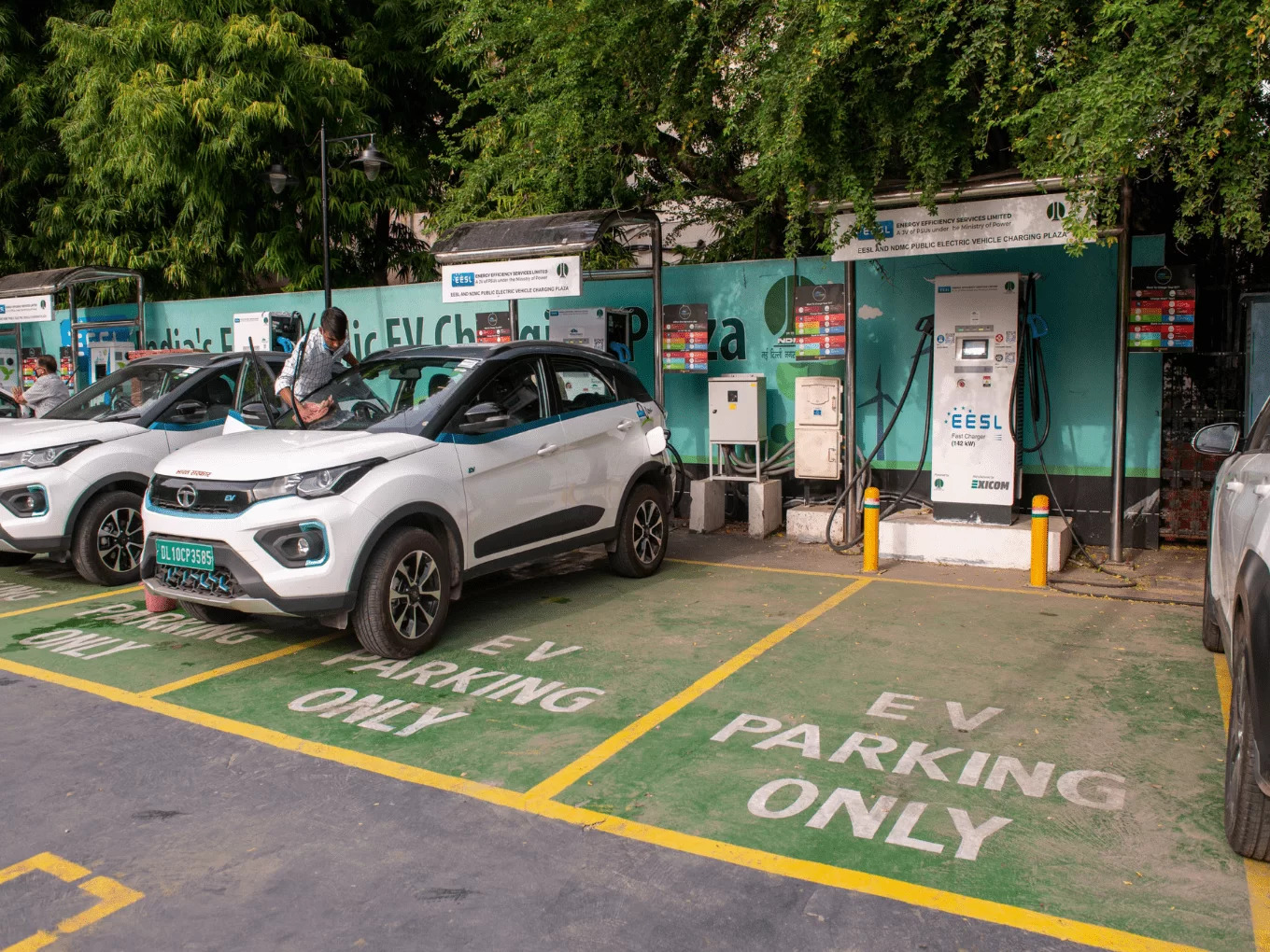
-
Electric
Pros:
- Zero Emissions: Electric vehicles (EVs) produce no tailpipe emissions, making them environmentally friendly and contributing to reduced urban air pollution.
- Lower Running Costs: Electricity is generally cheaper than petrol or diesel, and EVs have fewer moving parts, leading to lower maintenance costs.
- Quiet Operation: Electric motors are virtually silent, providing a smooth and quiet driving experience.
Cons:
- Limited Range: Although the range of EVs has been improving, it can still be a concern for long-distance travel. Range anxiety, or the fear of running out of charge, is a notable issue.
- Charging Infrastructure: The availability of EV charging stations is still growing but may be limited in some areas, impacting the convenience of owning an EV.
- Higher Initial Cost: The upfront cost of electric vehicles can be higher compared to conventional vehicles, though this is often offset by lower running costs and potential government incentives.
Conclusion
Every type of fuel comes with its own pros and cons.Petrol engines offer high performance and widespread availability, but at the cost of higher CO2 emissions. Diesel engines provide better fuel efficiency and durability but contribute to higher NOx and particulate emissions. CNG is a cleaner and cost-effective option but is limited by range and infrastructure. Electric vehicles are the most environmentally friendly and cost-effective in the long run but face challenges with range and charging infrastructure.
Ultimately, the choice of fuel type will depend on individual needs, including driving habits, environmental concerns, and budget considerations.
Also Read: How to Protect Your Car from Theft: Tips and Tricks
Karan Bhatia
Karan Bhatia is an automobile expert and reviewer with 8+ years of experience test-driving cars, bikes, and EVs. He provides honest, detailed, and practical reviews that highlight performance, design, safety, and value for money. His expert insights help readers make confident choices when buying their next vehicle.
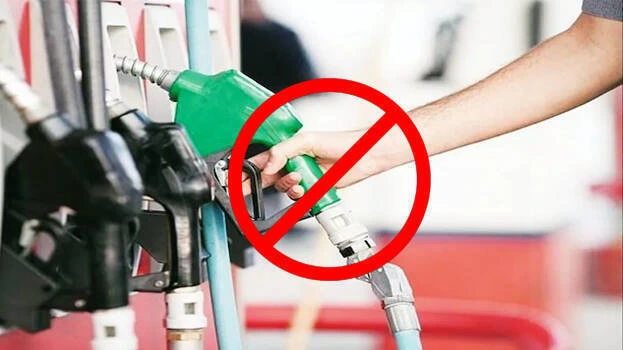

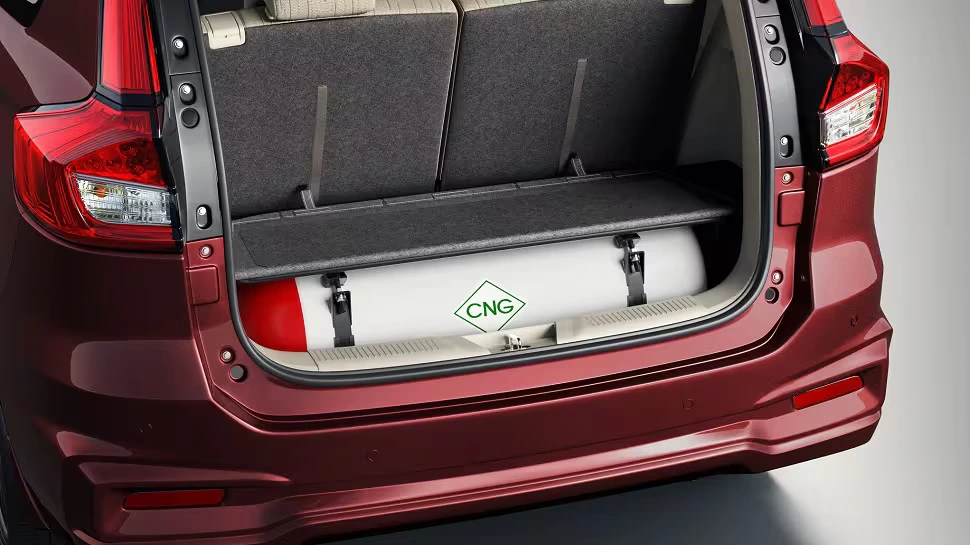
_1771411501.webp)
_1770372474.webp)

